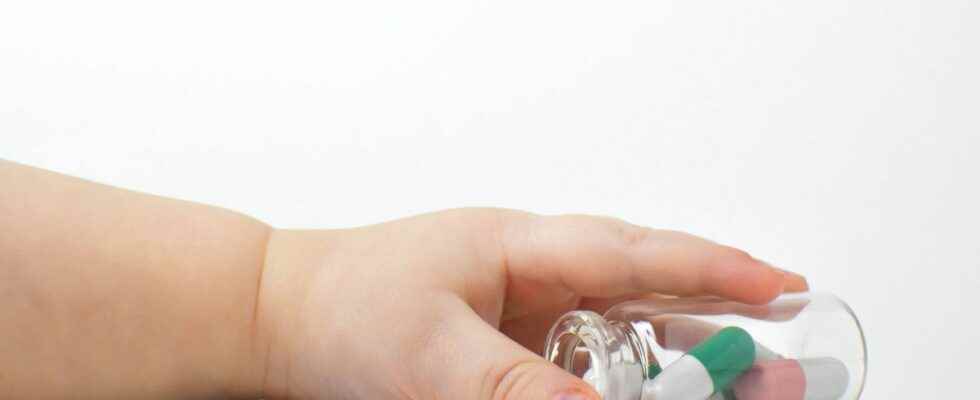Posted ,
Reading 2 mins.
The consequences of the Covid-19 pandemic and the various confinements have sometimes given rise to astonishing consequences, to say the least unexpected. The impact of this period, especially on sleep, was such that it led to unintentional melatonin poisoning in American children. Explanations.
The Covid-19 pandemic has disrupted many lifestyles. Among them, sleep. And in an attempt to help their children fall asleep, some parents have turned to melatonin-based food supplements.
Explosion of cases of involuntary ingestions
Since children remain children, some of them were able to confuse these products, which most often come in the form of tablets, with sweets. Nevertheless, the result is there: the number of involuntary ingestions of melatonin has exploded, reports the American Center for disease control and prevention (CDC), with a 530% increase in cases of intoxication, which can be accompanied sometimes serious consequences.
The peak of the increase is between 2019 and 2020, with a 38% increase in cases, which corresponds to the start of the pandemic.
Hospitalized children
In ten years, the figures for involuntary ingestions have increased from 8,337 in 2012 to 52,563 in 2021. In total, 260,435 children have swallowed melatonin involuntarily and have been treated in American poison control centers . In the majority of situations, these are children under the age of 5, and the accidents took place within the parental home.
Among all the cases identified, approximately 27,000 had repercussions on the health of children with gastrointestinal, cardiovascular or neurological symptoms, which required hospitalization, including 1% in intensive care. Over the ten years of follow-up, two children aged 3 and 13 months died as a result of an excess of melatonin. Five required mechanical ventilation to be treated.
Consult a doctor online for your sleep disorders
An unreliable composition
Food supplements are subject to regulations that are very different from those governing the marketing of medicines, which are subject to strict supervision. This is why, very often, the composition of the dietary supplement, mentioned on the label, is different from the actual composition of the product, warns the CDC.
This is particularly the case for gummies, these supplements sold in gel form, which attract children with their colorful appearance. However, the serotonin often present in these products can be dangerous for their health. To avoid any accident, remember that these products must be, like any medicine, stored out of the reach of children.
In France, regulations authorize the marketing of food supplements providing less than 2 mg of melatonin per day.
